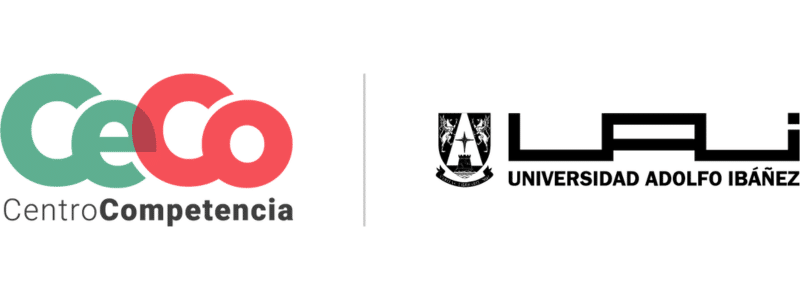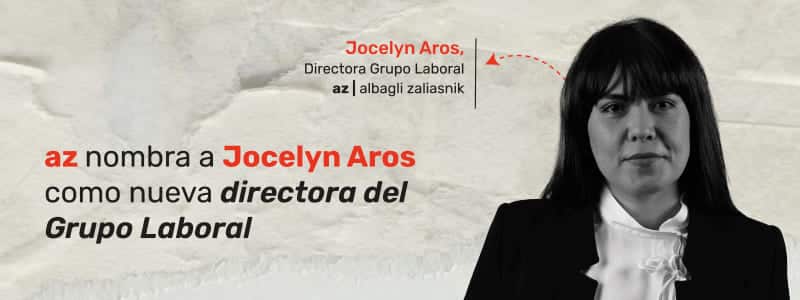We invite you to read the column of our associate of the Public Law and Regulated Markets Group, Constanza Delgado, regarding a case related to possible anticompetitive practices.
In an investigation published in September of this year, we analyzed the procedural challenges faced by the lawsuit filed by the company Flor y Nata against Nestlé S.A., for alleged anti-competitive conduct in the market for the distribution of dairy products and derivatives.
Although Flor y Nata only managed to file a valid claim in a third attempt (Rol C-515-2024), this was answered by Nestlé with a dilatory plea of lack of jurisdiction.
This gave rise to a debate on the merits of this claim in antitrust proceedings, which reached its last milestone in a resolution dated November 21. This note seeks to summarize and explain this debate.
The TDLC’s first decision: Rejecting Nestlé’s plea of lack of jurisdiction
On October 18, 2024, as an initial decision, the Court for the Defense of Free Competition (TDLC) rejected Nestlé’s plea of lack of jurisdiction, declaring that it did have jurisdiction to hear the facts alleged by Flor y Nata.
This decision was based on a preliminary analysis that mainly considered the following points:
- The possibility that the denounced conducts -despite being linked to a Framework Contract for the Commercialization of Products entered into between the parties- had an impact on free competition. This, based on the way in which such contract was subscribed, executed or terminated, emphasizing that “the presence of a contractual relationship is not an obstacle for the application of the antitrust rules and that, likewise, it is conceivable that an anticompetitive infringement is materialized through the subscription, execution, breach or termination of a contract” (twentieth recital), and;
- That there were issues, such as Flor y Nata’s status as an independent economic agent, which could not be resolved at such a premature procedural stage and would need to be analyzed as substantive issues, being essential to clarify their scope of competence -or not- in the case. In this regard, and in view of the relationship between a principal -Nestlé- and its agent -Flor y Nata- linked through a commission agent contract, the TDLC indicated that “this type of vertical interactions may be subject to the analysis of competition law to the extent that the parties involved in it correspond to economic agents that maintain a certain level of economic independence. Otherwise, in the absence of such independence, we could be in the presence of a single agent acting with some level of vertical integration” (recital twenty-three).
Definition of economic independence
A key factor for the TDLC in determining its jurisdiction in the resolution dated October 18, 2024, was the economic independence of the agents involved -in particular Flor y Nata-. Indeed, as will be seen below, two Ministers of the TDLC (N. Rojas and R. Parot) considered, in a dissenting vote, that Flor y Nata was not independent with respect to Nestlé.
According to the court, in order to consider an agent as an economic entity separate from its principal, it is essential to analyze the distribution of financial and commercial risks between the parties.
In this sense, it determined that an agent will be considered economically independent when it assumes significant financial or commercial risks in relation to the contracts concluded within the framework of its principal’s assignment.
Relying on comparative case law, the court determined that an agent is understood to assume the risks of the contract when it acquires ownership of the goods purchased or sold, participates in the costs related to the supply or acquisition of the goods (including the transportation thereof), assumes liability for breach of contract and/or makes specific investments aimed at the activity, among others (European Commission, Guidelines on Vertical Restraints 2022/C 248/01, pp. 11 and 12).
Definición de independencia económica
Un factor clave para TDLC a la hora de determinar su competencia en la resolución de fecha 18 de octubre de 2024, fue la independencia económica de los agentes involucrados —en particular de Flor y Nata— En efecto, como se verá más abajo, dos Ministros del TDLC (N. Rojas y R. Parot) consideraron, en un voto disidente, que Flor y Nata no era independiente respecto de Nestlé.
Según el tribunal, para considerar a un agente como una entidad económica separada de su principal, es esencial analizar la distribución de los riesgos financieros y comerciales entre las partes.
En este sentido, determinó que un agente será considerado económicamente independiente cuando asuma riesgos financieros o comerciales significativos en relación con los contratos celebrados en el marco del encargo de su principal.
Apoyándose en la jurisprudencia comparada, el tribunal determinó que se entiende que un agente asume los riesgos del contrato cuando adquiere la propiedad de los bienes comprados o vendidos, participa en los costos relacionados con el suministro o adquisición de los bienes (incluidos el transporte de estos), asume la responsabilidad por el incumplimiento del contrato y/o realiza inversiones específicas destinadas a la actividad, entre otras (Comisión Europea, Directrices relativas a las restricciones verticales 2022/C 248/01, pp. 11 y 12).
The court determined that the quality of independent economic agent does not depend only on the contractual content that binds the parties, but also on factual elements that show how the relationship has operated in practice.
Thus, at first, the TDLC considered that part of Flor y Nata’s allegations against Nestlé referred to the alleged abuse of dominant position through a margin squeeze, associated with the constant increase in costs and the imposition of sales prices.
Naturally, the configuration of this offence presupposes the existence of a vertical integration of the economic agent that abuses its dominant position, affecting another economic agent downstream.
In this analytical framework, the majority of the TDLC considered that these circumstances should be subject to analysis and proof at the merits stage of the litigation and, therefore, proceeded to reject Nestlé’s plea of lack of jurisdiction.
Column written by:
Constanza Delgado | Associate Public Law and Regulated Markets Group | cdelgadov@az.cl




